

James Wong
2025 Mazda CX-5 G25 Touring AWD review
5 Days Ago
New South Wales is following Victoria in axing its electric vehicle subsidy program, but will pour more money into rolling out chargers.

News Editor
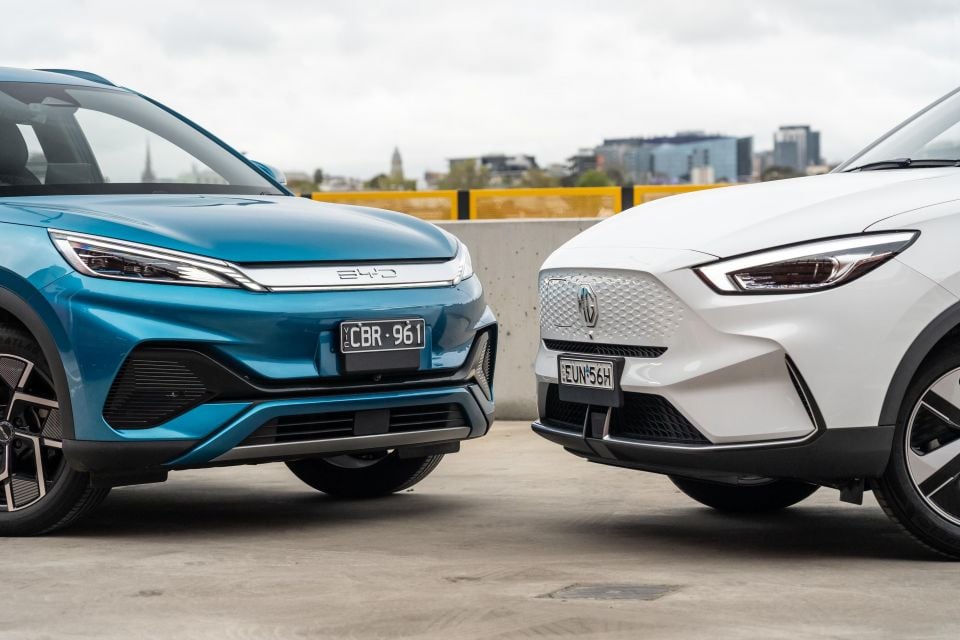

News Editor
New South Wales is the latest state to scrap its electric vehicle (EV) subsidies, though it will redirect some of this investment towards rolling out charging stations.
The NSW Labor government will end rebates and stamp duty exemptions for EVs from January 1, 2024, claiming these incentives are being phased out “because they risk driving up the cost of EVs, resulting in increased profits to manufacturers”.
This will reportedly result in a saving of $527 million.
The Minns Government says there will be transitional arrangements, so that those who have purchased or placed a deposit on an eligible EV and are awaiting delivery will still be eligible, even if the vehicle isn’t delivered by January 1.
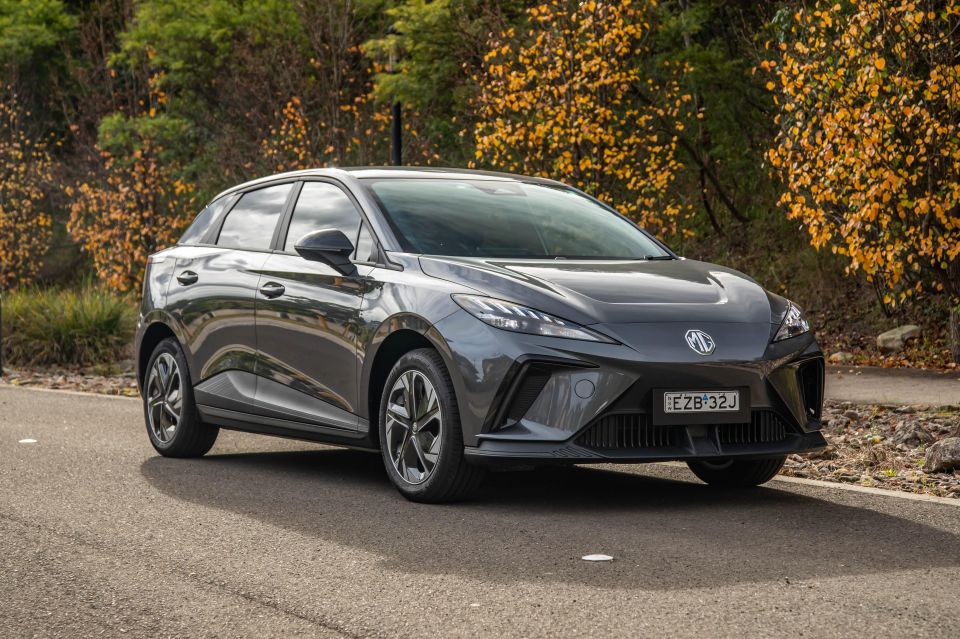
Under the program, all new and used EVs under $78,000 are exempt from stamp duty, and buyers of the first 25,000 electric vehicles sold under $68,750 were eligible for the rebate.
A total of $260 million will be invested as part of the 2023-24 NSW Budget into additional EV infrastructure for drivers in regional New South Wales, renters, and people who live in apartments as well as other motorists who don’t have access to home charging.
The Minns Government is also looking to install fast chargers on commuter routes, more kerbside chargers near apartment blocks, and upgraded grid capacity and charging hubs to support fleets.
It says the funding will underpin the rollout of a new NSW EV Strategy being developed in partnership with industry stakeholders.
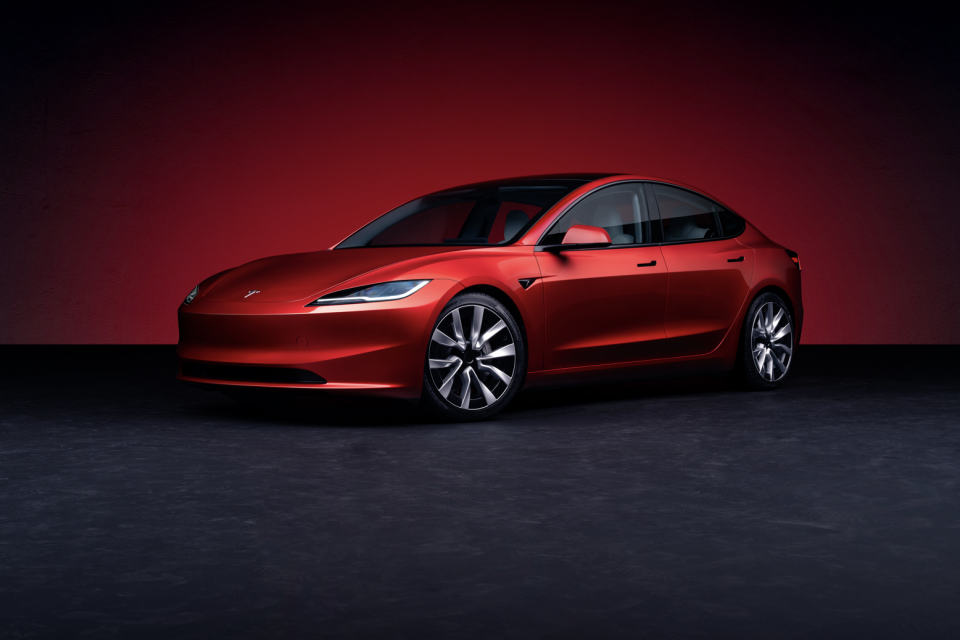
The government had previously announced a $170 million investment into charging infrastructure.
“It’s important the scarce taxpayer dollars we have to transition to electric vehicles are being well spent,” said NSW Treasurer Daniel Mookhey.
“The benefits of government spending shouldn’t be concentrated in the hands of the few, we must ensure it’s spread across the whole state.
“Savings gained from cutting these costly exemptions and rebates will be reinvested, where it is needed, to deliver a more equitable and efficient EV roll out.”
One plan that hasn’t changed is New South Wales’ upcoming Road User Charge.

It’s still set to commence from July 1, 2027, or earlier if battery EVs reach 30 per cent of new light vehicle registrations before then.
It says it will apply to “all zero and low emissions vehicles, including plug-in hybrids” that have been registered for the first time or transferred from January 1, 2024.
New South Wales is therefore following Victoria in not only implementing such a road user charge – a way to make up for a shortfall in fuel excise revenue as EVs grow in popularity – but also in scrapping subsidies.
Its neighbour to the south announced it was axing its subsidy program in June, with the $3000 EV subsidies ending on June 30.
This was originally supposed to run until May 2024, unless all 20,000 subsidies were exhausted before then.
William Stopford is an automotive journalist based in Brisbane, Australia. William is a Business/Journalism graduate from the Queensland University of Technology who loves to travel, briefly lived in the US, and has a particular interest in the American car industry.


James Wong
5 Days Ago


Max Davies
4 Days Ago
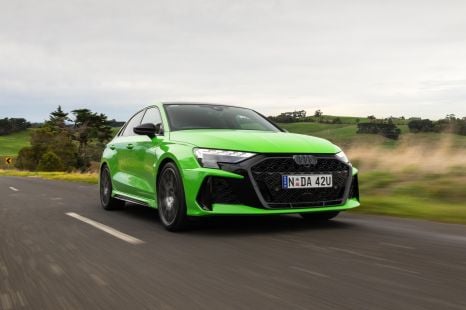

Josh Nevett
3 Days Ago
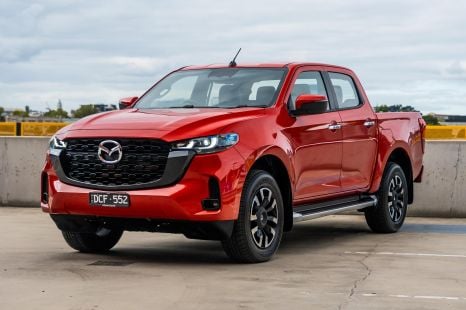

Josh Nevett
2 Days Ago
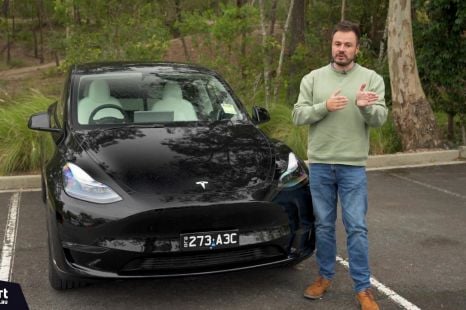

Paul Maric
1 Day Ago


Damion Smy
16 Hours Ago